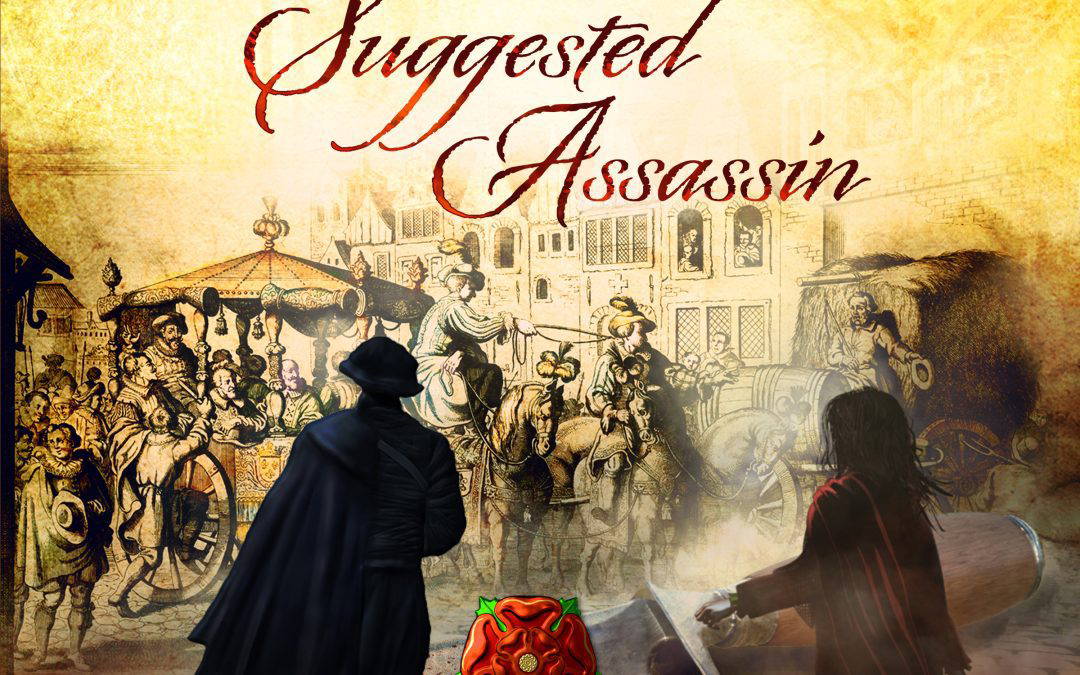On the 14th of May, 1610, King Henry IV was assassinated. The assassin was François Ravaillac. Born in 1578 in Angoulême, France, François Ravaillac came from a relatively humble background. His family was of minor nobility, yet they struggled financially. Raised as a devout Catholic, Ravaillac’s religious zealotry developed early in life, which eventually played a crucial role in his motivations.
Initially, Ravaillac attempted to enter religious life, seeking acceptance into various religious orders, but he repeatedly faced rejection. These rejections seemed to fuel his fanaticism, as he became increasingly convinced that he was destined for a divine mission.
King Henry IV, known as “Good King Henry,” was celebrated for his efforts to bring peace and prosperity to France following the Wars of Religion. However, his policies of religious tolerance, particularly the Edict of Nantes in 1598, which granted religious freedom to Protestants, were contentious among certain Catholic factions.
Ravaillac, influenced by his fervent Catholic beliefs and the political climate, perceived King Henry’s policies as threats to Catholicism. Convinced that the king intended to wage war against the Pope, Ravaillac saw assassination as a divine mandate to save France and the Catholic Church.
On the 14th of May, 1610, Ravaillac put his plan into action. King Henry IV was traveling through the streets of Paris in his carriage when Ravaillac approached and fatally stabbed him. The assassination sent shockwaves throughout France and the broader European continent, plunging France into a period of crisis.
After the murder, Ravaillac was immediately arrested and subjected to brutal torture in an attempt to extract information about possible accomplices or conspiracies. Despite the intense interrogation, Ravaillac insisted he acted alone, driven by personal conviction and religious fervor.
François Ravaillac was executed in a gruesome manner on the 27th of May, 1610. He was pulled apart by four horses. His death, however, did not bring immediate resolution to the turmoil his actions unleashed. The assassination led to increased religious and political tensions within France and cast a long shadow over the monarchy. The death of King Henry IV left a power vacuum that his young son, Louis XIII, was not prepared to fill. Henry’s son and heir, Louis XIII, also died on the 14th of May, but in 1643. The political landscape became fraught with intrigue as regents and ministers vied for influence over the young king. Furthermore, Ravaillac’s act intensified anti-Catholic sentiment among Protestants, exacerbating the already strained religious relations.
The assassination of King Henry IV by François Ravaillac remains a pivotal moment in French history. While Ravaillac might have believed his actions were a divine mission, the broader consequences highlighted the dangers of religious extremism and the volatile intersection of faith and politics. The assassination was the inspiration for my third book in the Sir Anthony Standen Adventures, The Suggested Assassin.

